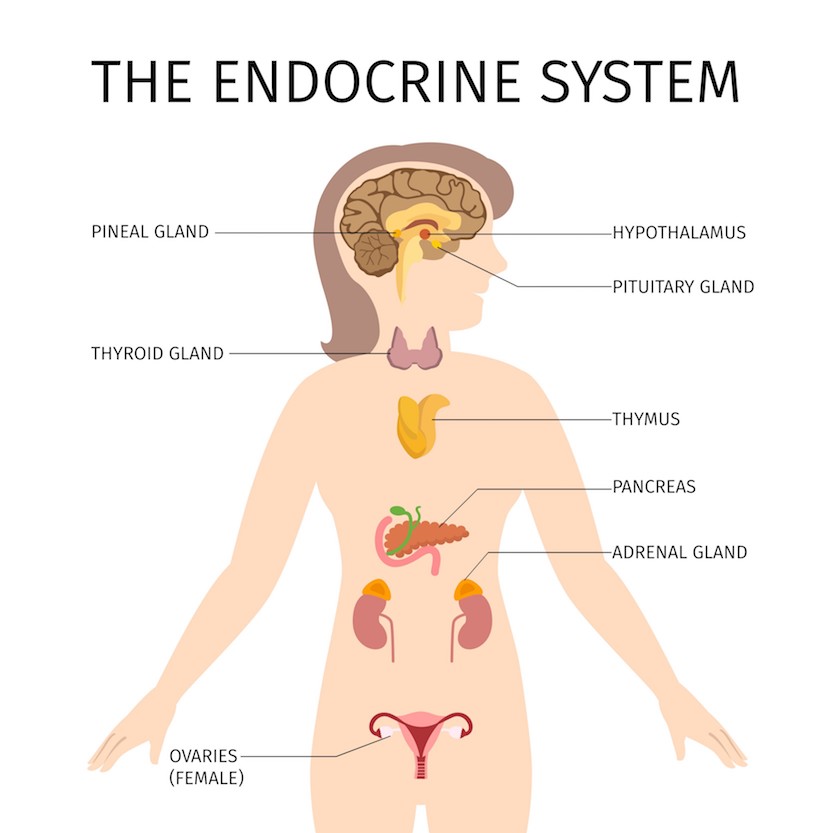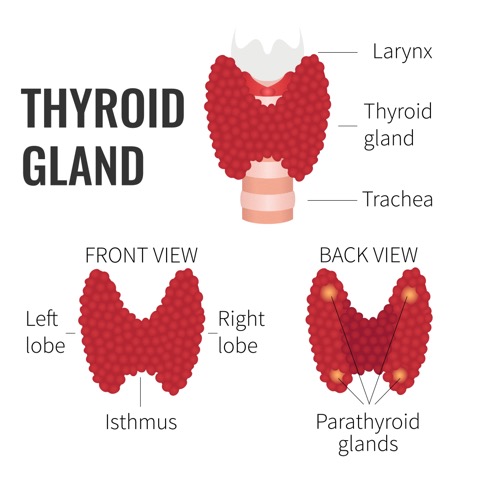Making Sense of Irritable Bowel Syndrome
Irritable bowel syndrome (IBS) is even more unpleasant than it sounds — abdominal pain, bloating, cramping, gas, and diarrhea and/or constipation. Symptoms can be triggered by certain foods or by stress, infection, medications, or hormonal changes.
If you have IBS, you’re not alone, and you’re in good company. IBS affects between seven and 10 percent of the world’s population (it’s twice as common in women than in men), and like other illnesses, diseases, syndromes and disorders we’ve covered as of late here on my blog, it has a celebrity following; John F. Kennedy, Tyra Banks, Cybill Shepherd, and Jenny McCarthy have all been reported to have suffered from IBS.
If you are struggling with irritable bowel syndrome, I know how difficult it can be. Daily life is often interrupted or halted, time with family and friends can be unpleasant, and dealing with the condition at work can be unbearable. Even worse, you may be too embarrassed to discuss your condition with even your closest friends and family members; IBS isn’t a topic for dinner conversation. Understandably, anxiety and depression often accompany the illness.
The good news is that treatments for those suffering with IBS are available and very effective, even when traditional medical efforts have failed to produce results.
Irritable Bowel Syndrome Symptoms
The symptoms of an irritable bowel (colon) vary according to the nature and severity of the symptoms. I already mentioned some of these earlier in this post, but here is a more complete list of IBS symptoms: Continue reading…







